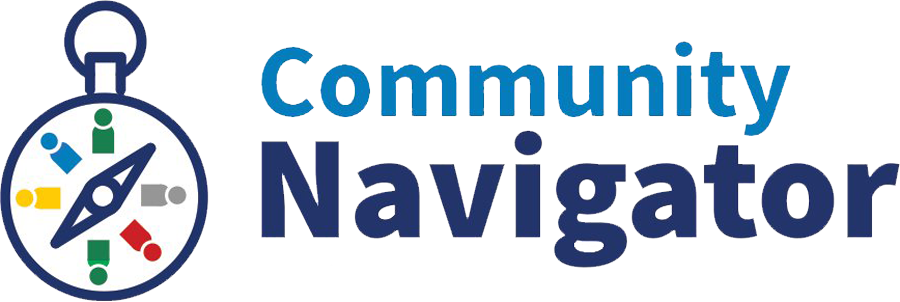Planting the Seeds of Economic Equity: The Journey Ahead for CDFA
As we reflect on CDFA’s work on new endeavors like the Community Navigators Pilot Program, we find ourselves on an exciting path. The work we've undertaken, particularly in microentrepreneurship and underserved communities, has illuminated pathways to achieve a more inclusive future for New Hampshire's small business owners. Yet, these efforts are just the beginning of what CDFA plans to do toward a thriving and equitable small business ecosystem.
Reflecting on my personal journey at CDFA over the past 11 years, I can speak to the complexity of our economic development initiatives. Initially, the landscape seemed daunting, but a clearer understanding emerged over time - small businesses are not just commercial entities; they are beacons of opportunity for individuals to leverage their skills, elevate household wages, and create economic prospects that might otherwise be out of reach.
The Aspen Institute's insights on poverty reduction and wealth creation through microentrepreneurship resonate with what we have found. Through our research, we've come to understand that the journey to economic empowerment is not equal for all. There are striking disparities between those with generational wealth and immediate access to resources and those without. This opportunity gap is amplified by structural barriers, which are significant in rural and poorer urban areas.
According to a report from Financial Health Network, formerly known as CFSI, only 23% of African Americans and 22% of Latinos are financially healthy, compared to 50% of white Americans. Long-standing discriminatory practices among institutions also have played a role in these disparities. And ongoing and unsolved challenges with affordable housing, childcare, broadband access, and workforce continue to impact sustainable community economic development across our state.
The Community Navigator Program helped us to see the significant challenges faced by BIPOC communities and marginalized individuals in New Hampshire. The learnings from this program and the latest Small Business Ecosystem Analysis underscore the vital need for communities to rally around their members seeking to turn their skills into thriving enterprises.
We've long believed in the concept of communities as economic hubs of possibility; offering the resources, connections, and support necessary for business growth. Our focus on Microenterprise Technical Assistance Providers over the past eight years has emphasized this idea of fostering financial stability for those structurally disadvantaged by embedding support within the fabric of the community.
The future of our work lies in both vision and experience. As New Hampshire grows more diverse, we have the unique opportunity to apply Navigator's insights to create a more inclusive network. Working with individuals to build stable economic foundations for themselves and their families creates a reciprocal relationship, fostering community growth and economic stability.
So, how do we plan to turn ideas into realities? CDFA can lead the way. While there is a general consistency in service needs across New Hampshire, regional differences require tailored approaches. By directing our resources toward identified needs, we can connect and support organizations integral to this network. We aim to provide capacity-building support, funding for business development, access to training, and connections with peers and resources. To achieve this and fuel the Granite State’s economic development, CDFA sees annual investments between one and a half to two million dollars in small business support and nearly one million in capacity building.
However, our work does not stop there. It is crucial to have leaders and peers who understand and represent our communities’ diversity, and we recognize the need to elevate voices that have not traditionally influenced the existing systems. Communities are at the core of our economy and CDFA's role is to align resources with their needs. Our legislative mandate in New Hampshire and data-driven strategies guide our focus on target areas and populations that require economic partnership to thrive.
As we move forward as a state and a community, we invite you to join us on this journey. This is not the end of the story but an ongoing support of a concerted effort to create economic equity in New Hampshire. I look forward to you engaging with us as we work together to build a more inclusive and prosperous future for everyone in New Hampshire.
Katherine Easterly Martey
Executive Director
Community Development Finance Authority (CDFA)

